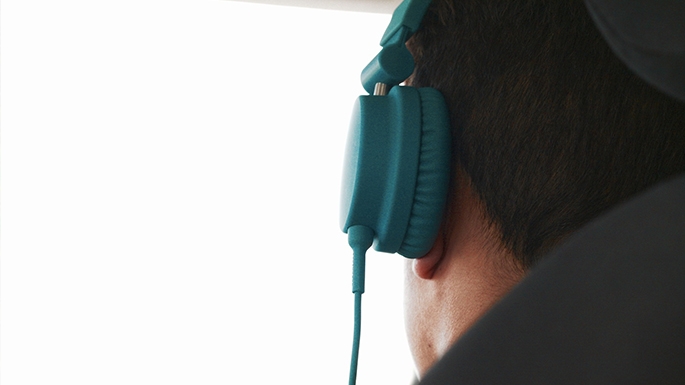Does your child hate loud noises but is also the loudest child you know?
If so you may be able to relate very well to my own personal story of growing up with autism.
As a kid due to my sensory issues I would have issues with different sensations bright lights and many other difficulties. The one issue though that topped them all was noise. Growing up in a big city in the tri-state area this would always send me into sensory overload.
It could be anything. A car horn. An ambulance siren. Someone talking loudly outside. It didn’t matter. And when those times would come, especially around the time I was diagnosed with autism at 4, I would scream as loud as I possibly could as a way to cope. Most of the time when I screamed I thought that would make all the noises around me stop. It wouldn’t be until a few years later though that I would learn to control my screams and my anger through an occupational therapist.
Later, when I started school I’d also have a title of being ‘the loudest kid in school’ because of my inability to understand the difference between inside and outside voices. Whispering was a foreign language to me. My whispering was talking normally and me talking normally was speaking with an elevated pitch that would echo around the school most times.
One of my saving graces when I couldn’t understand this was my love of entertainment. Being able to watch films where people were talking softly at one time and loudly at another gave me the opportunity to mirror that behavior. I turned that into become a theatre nut. Roleplaying different scenes helped me find that balance in my own voice. By the time I started doing plays when I was 10 it became second nature.
My transformation from being one of the loudest people I knew to who I am today was created through the supports I was given thanks to my parents and my therapists. I know many children and even adults on the spectrum who still struggle with sensory issues that may cause them to be loud and things like I dealt with such as not understanding pitch and tone.
My advice for families who care for someone with autism is that you strongly consider theatre therapy and music therapy to help. Also consider supports to help someone cope with their sensory issues. This can be anything from social stories to help with transitioning too noise canceling headphones to help with sounds. Autism Speaks in particular has some amazing resources including our 100 Day Tool Kit that has a list of support services and descriptions to help navigate certain sensory issues.
At the end of the day, progress should be our #1 goal. I can project when I need too but am mostly a quiet kid from Jersey today who loves concerts and blasting my music whenever I can with very minimal sensory issues.














